READY TO GET STARTED?
REQUEST A FREE ESTIMATE
Fill out the form below or call (888) 466-7849 for a free, no-obligation estimate.
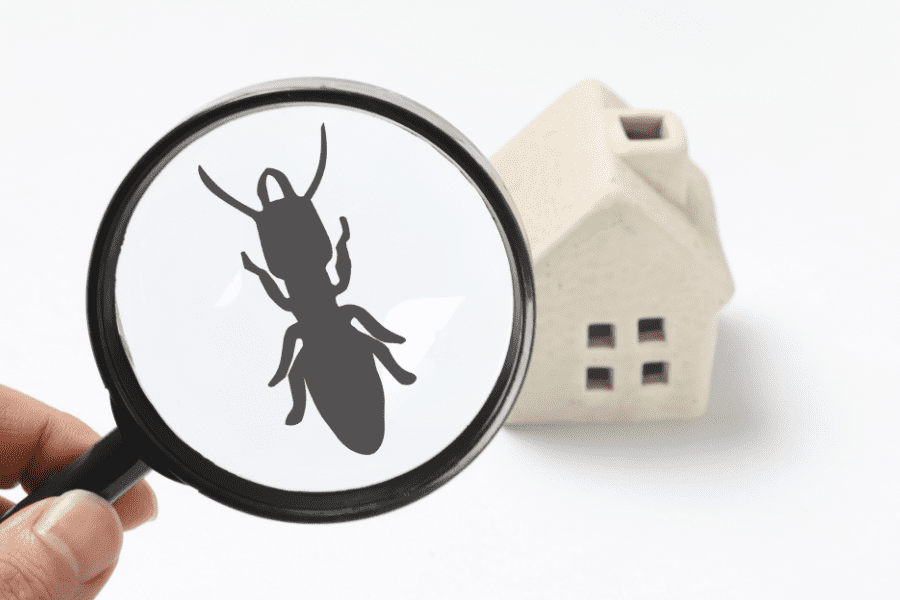
Having a secure pest control plan isn’t always top of mind for homeowners. But once you spot that first sign of a pest infestation, it surely becomes top priority! We want you to be ahead of the infestation game and have a strong relationship with a local pest control company. Let’s go over the benefits of maintaining a regular visit from your technician.
With the assistance of a reputable company, your home will be set up to combat any potential pest threats including termites, mosquitoes, cockroaches, ants, and more! A pest professional will work with you to provide the best plan of action for your home to ensure the health of your property and family.
Up front it might seem like a waste of money to continue with scheduled visits from your technician, but keeping that regular schedule will help keep the chance of infestations low. With lower chances of having a major problem, it saves you money in the long run. No need to worry about bigger problems taking over when you have a solid plan.
With months in between visits, it’s always good to know some easy DIY pest control methods. Making sure you clean your kitchen after each meal by cleaning up spills and crumbs will help lower the chances of spotting a pest. Another great DIY is to walk around your property and look for any potential openings to your home. Be sure to seal them immediately.
Dealing with a pest problem is never a homeowner’s idea of fun. If you think you’re ready for a solid pest control solution, then reach out to your local pest control company and receive a customized plan perfect for you and your property.
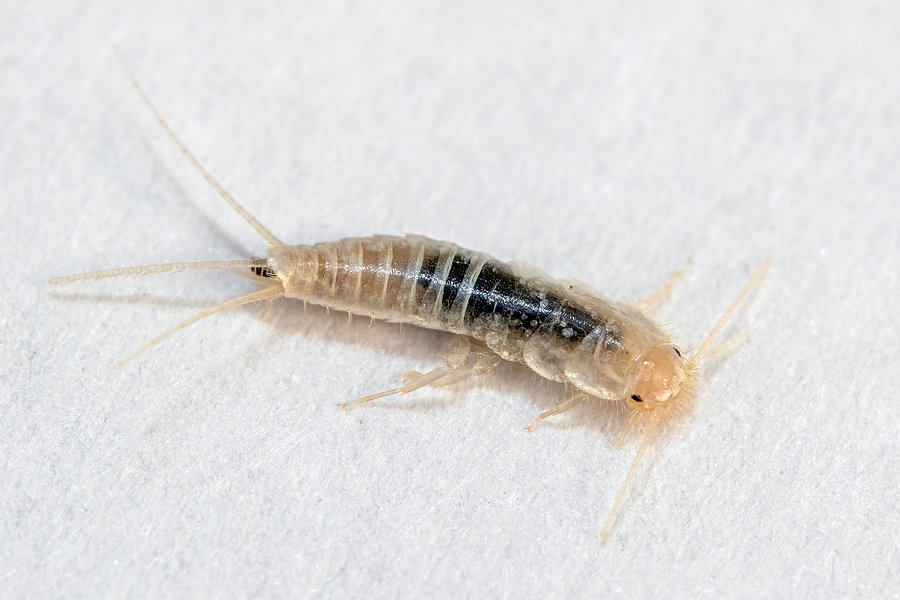
Ranging from 12 to 19 mm in size, silverfish are household pests that are attracted to dark, damp areas. They range in colors including white, brown-grey, and bluish-silver. Silverfish are wingless with a flat appearance and 3 thread-like tails. Their size and shape allow them to hide in small spaces.
They feed on starch and sugar and find a lot of these options in your home. You can find them eating paste from book bindings, photos, clothing, bedding, curtains, old papers, wallpaper paste, shampoo, dead insects, pasta, flour, cereal, and other common starches. Because of this they are typically found in kitchens and pantries.
Beyond the kitchen, they can be found in bathrooms, basements, attics, and laundry rooms, which provide dark, damp spaces. They usually find their way indoors when the weather begins to get warmer and drier or when there is excessive rainfall.
Their jaws aren’t strong enough to pierce human skin, but they are fast and can usually escape predators fairly quickly. They will cause damage to your home by chewing fabrics, contaminating food they are eating, and triggering allergies.
Common signs of silverfish include:
If you notice an increase in silverfish in your Georgia home, contact your local pest control company for a thorough evaluation.
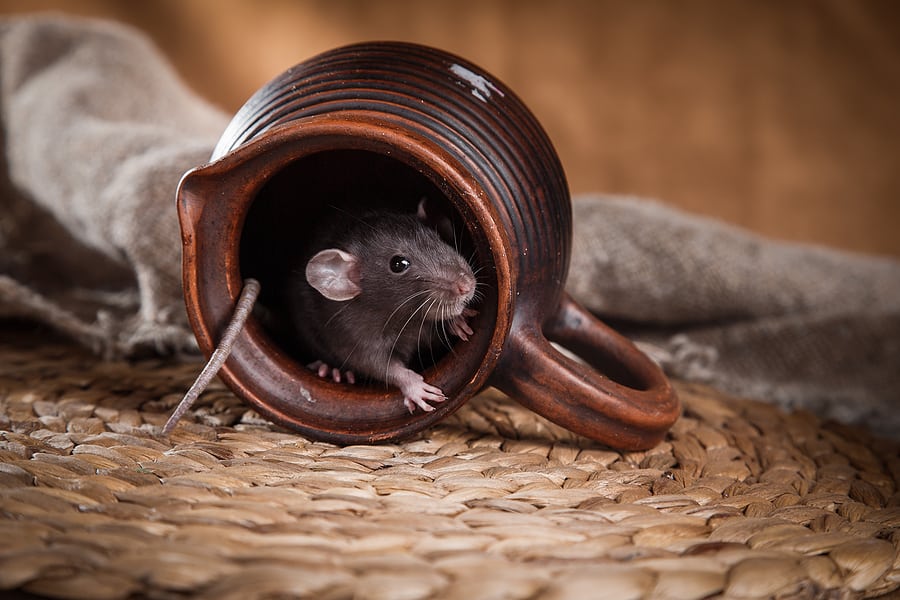
Despite our best wishes, pests don’t just disappear when the weather gets cold. Winter pest control becomes critical to keeping your house protected during the season. Overwintering pests will make their way indoors to escape the cold and have access to a plentiful food supply. Common overwintering pests include roaches, spiders, and rodents.
Overwintering pests pose a threat to both you and your home. They can chew through wires and insulation, contaminate surfaces and food, spread diseases, and trigger allergies and asthma.
Help protect your home with these 14 tips for winter pest control:
If you have a problem with winter pests, contact your local pest control company for a complete evaluation and treatment plan.
How to Prevent Bed Bugs While Traveling
How Do I Prepare For Termite Treatment?
Rodents to Lookout for this Winter
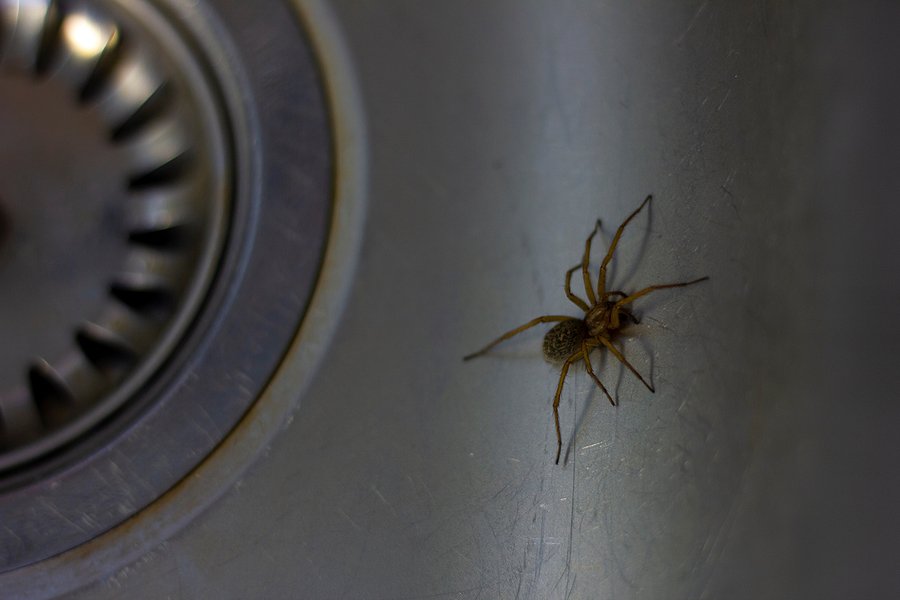
Spiders are common overwintering pests, coming inside your home in search of food, shelter, and even a mate. They prefer quiet, secluded places where they won’t be disturbed, making your home the ideal place for them to hide out.
Spiders are attracted to households for several reasons. Spiders eat other insects, such as mosquitoes, flies, and roaches; if you have an overabundance of these other household pests, spiders will also come in search of a food supply. Spiders will also come inside for a warm place to stay until warmer weather arrives. During mating season, spiders will also come indoors in search of a mate, especially if you already have spiders present in your home.
Spiders are beneficial to have around your home because they can be a form of natural pest control against other pests. However, if you want to keep spiders out of your home, consider these spider prevention tips:
If you have a problem with spiders or other household pests, contact your local pest control company for an evaluation.
How to Keep Pests Away from Your Stored Holiday Decorations
Termite Bond vs Termite Warranty
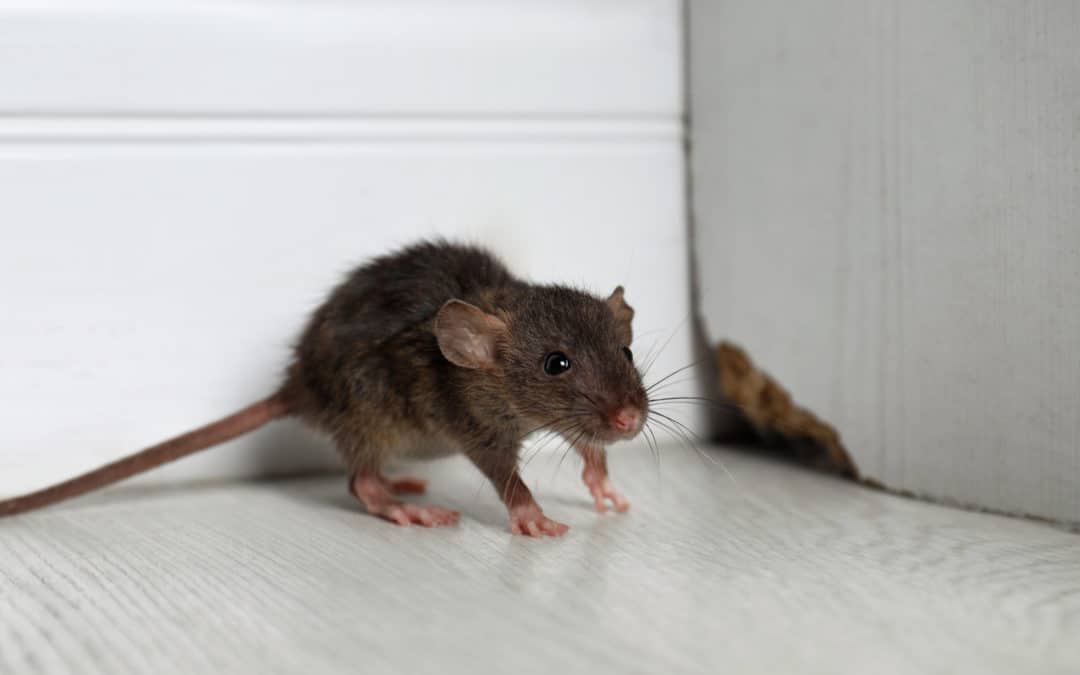
Rodents such as mice and rats are one of the most common household pests. While they are definitely nuisance pests, they can also cause property damage to your home, as well as transmit serious diseases to you and your family.
The first step in rodent control is to determine that you have an infestation. Common signs of rodents include droppings near food sources; shredded paper, fabric, and other nesting materials; chewed food packages; holes chewed through walls and floors; and stale smells from hidden areas of your home.
Rodents are attracted to unsealed food containers, pet food and water that’s left out, open bowls of fruit and vegetables, leaky faucets and pipes, open trash cans, and compost containers among other things. They enter your home in search of these things. They get in through holes from the exterior of the home, holes around sink and appliance pipes, cracked foundations, unscreened vents, and holes around windows and doors.
The first step in rodent control for your home is prevention. If you can keep these pests from infesting your home in the first place, you won’t have to get rid of them later. Common rodent control methods you can utilize in your house include:
If you have a problem with rodents or other pests, contact your local pest control company for an evaluation.
DIY Pest-Proofing for Fall Wildlife
Are Granddaddy Long Legs Spiders?